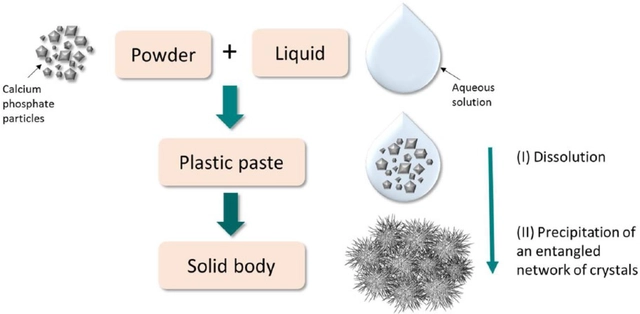Dill: an easy herb that helps digestion, sleep, and mild inflammation
Dill isn’t just a pretty garnish. You can use its leaves and seeds as food, tea, or a mild home remedy. People have used dill for digestion, to calm stomach cramps, and to help sleep. Modern lab and small clinical studies back some of these uses, but the strongest evidence is still limited. That said, dill is low-risk when used in normal food amounts and worth knowing about if you want simple, natural options that complement — not replace — medical care.
What dill does and how it works
Dill contains essential oils, flavonoids, and small amounts of vitamins and minerals. Those components can reduce gas, relax gut muscles, and provide light antioxidant and anti-inflammatory effects in lab tests. Seed tea is the usual home remedy for bloating and mild cramping because the seed oils act on smooth muscle in the gut. Some small human trials and animal studies show reduced gas and better digestion after taking seed infusions or extracts, but evidence isn’t strong enough to call dill a medical treatment.
People also use dill for sleep problems and anxiety. The calming smell of fresh dill or a warm cup of dill seed tea can help you relax. Again, this is a mild effect and works best combined with good sleep habits — not as a substitute for prescription sleep medicines when those are needed.
How to use dill safely at home
Cooking: Add fresh dill leaves to salads, yogurt sauces, fish, and soups. Leaves have a bright, slightly citrus flavor and are safe in normal culinary amounts.
Seed tea: Crush 1 teaspoon of dill seeds and pour 1 cup of boiling water over them. Steep 8–10 minutes, strain, and sip slowly. Use up to 2–3 cups a day for short periods to ease bloating or mild cramping.
Essential oil and tinctures: These are more concentrated. Use essential oil only diluted in a carrier oil for topical use and avoid internal use unless advised by a qualified practitioner. Tinctures should follow the product label and professional guidance.
Supplements: Follow the label. Look for reputable brands and avoid miracle claims.
Safety and interactions: Dill in food or tea is generally safe. If you take blood thinners (like warfarin) or drugs for diabetes, mention dill to your clinician — herbs can sometimes affect clotting or blood sugar. Avoid high-dose essential oils during pregnancy and breastfeeding. Stop use and ask a doctor if you get allergic skin reactions or worsening symptoms.
Want to try dill for digestion? Start with food and seed tea. Notice how you feel over a few days and talk to your healthcare provider if you’re on regular medication or have a chronic condition. Dill can be a helpful, gentle tool in your self-care kit when used sensibly and with professional advice when needed.
In my latest blog post, I dive into the surprising health benefits of incorporating dill into your diet. As a rich source of vitamins and minerals, dill is a natural way to boost your overall health and maintain balance in your life. I explore how this underappreciated herb can aid digestion, improve bone health, and even fight against depression. Moreover, I offer tips and recipes to seamlessly add this dietary supplement to your meals. You'll be amazed how this simple herb can transform your health!
Read more





